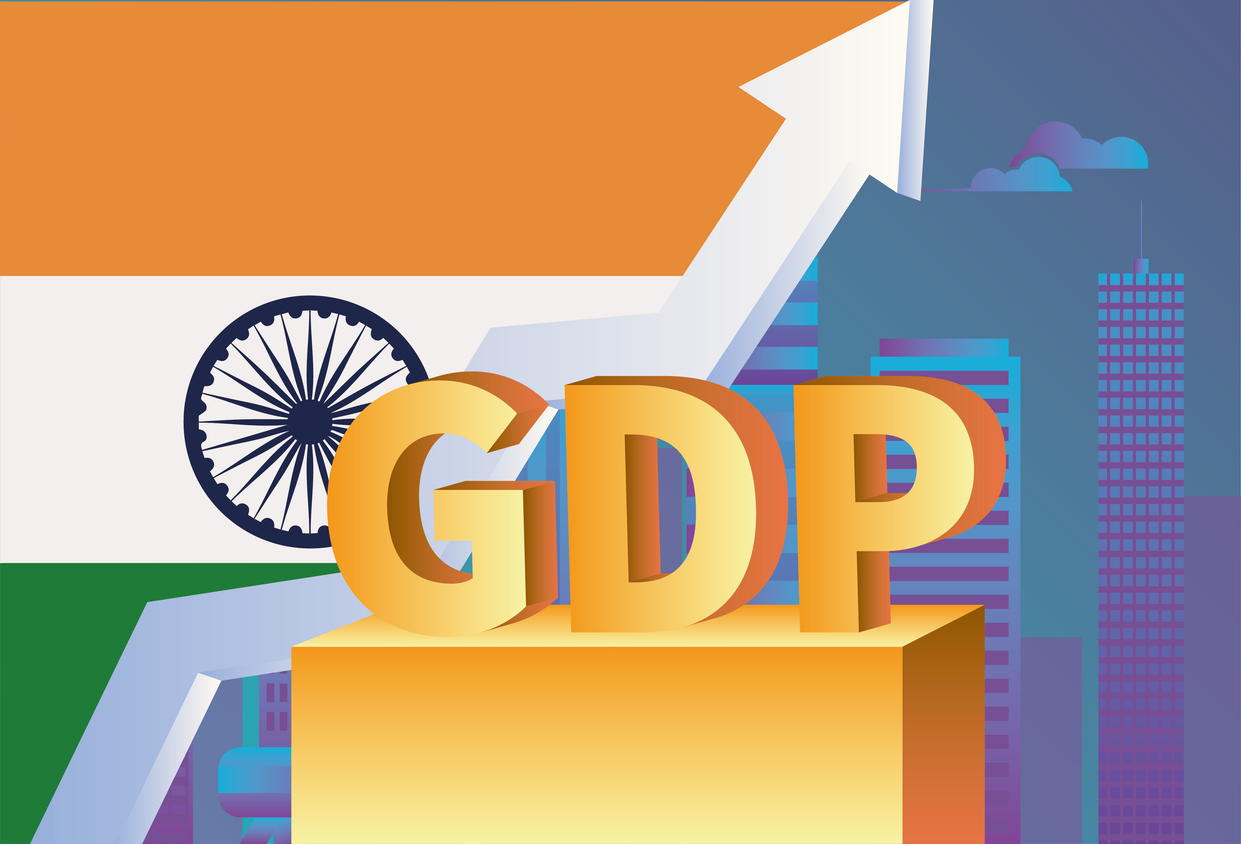
September 11, 2025
While the rating is unchanged, the agency warns that tax and reform measures may temporarily reduce revenue collection in the nearer term
Fitch expects that the government will rein in expenditure for the remainder of the fiscal year in order to stick to its fiscal deficit target of 4.4% of GDP
The anticipated fiscal cost of the proposed GST reforms is modest at roughly 0.2% of GDP annually
Reforms could meaningfully enhance domestic demand and help sustain growth, even amid headwinds from external trade pressures

Credit rating agency Fitch has revised upward its forecast for India’s GDP growth in fiscal 2025-26 to 6.9% from its earlier estimate of 6.5%, citing structural reforms, particularly changes to the Goods & Services Tax (GST), that are expected to help revive domestic consumption.
The revised forecast reflects Fitch’s belief that GST reform will not only stimulate consumer spending but also counterbalance pressures from declining export demand, especially as higher U.S. tariffs loom. The agency notes that these reforms are likely to reduce some risk to India’s economic growth outlook.
Fitch has reaffirmed India’s sovereign credit rating at BBB- with a “stable” outlook. While the rating is unchanged, the agency warns that tax and reform measures may temporarily reduce revenue collection in the nearer term. As part of its projection, Fitch expects that the government will rein in expenditure for the remainder of the fiscal year in order to stick to its fiscal deficit target of 4.4% of GDP.
The anticipated fiscal cost of the proposed GST reforms is modest at roughly 0.2% of GDP annually. However, the overall boost to growth and consumption depends heavily on how fully businesses pass through any tax savings to consumers. The degree to which supplies, pricing, and business costs adjust will influence how strong the consumption response is.
Fitch’s outlook reflects cautious optimism: reforms could meaningfully enhance domestic demand and help sustain growth, even amid headwinds from external trade pressures. India’s macroeconomic policy discipline, especially in managing the fiscal deficit and ensuring that reforms translate into real purchasing power for households, will be critical in determining if the higher growth forecast materialises.
Source: Economic Times